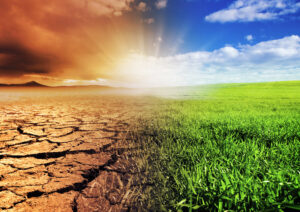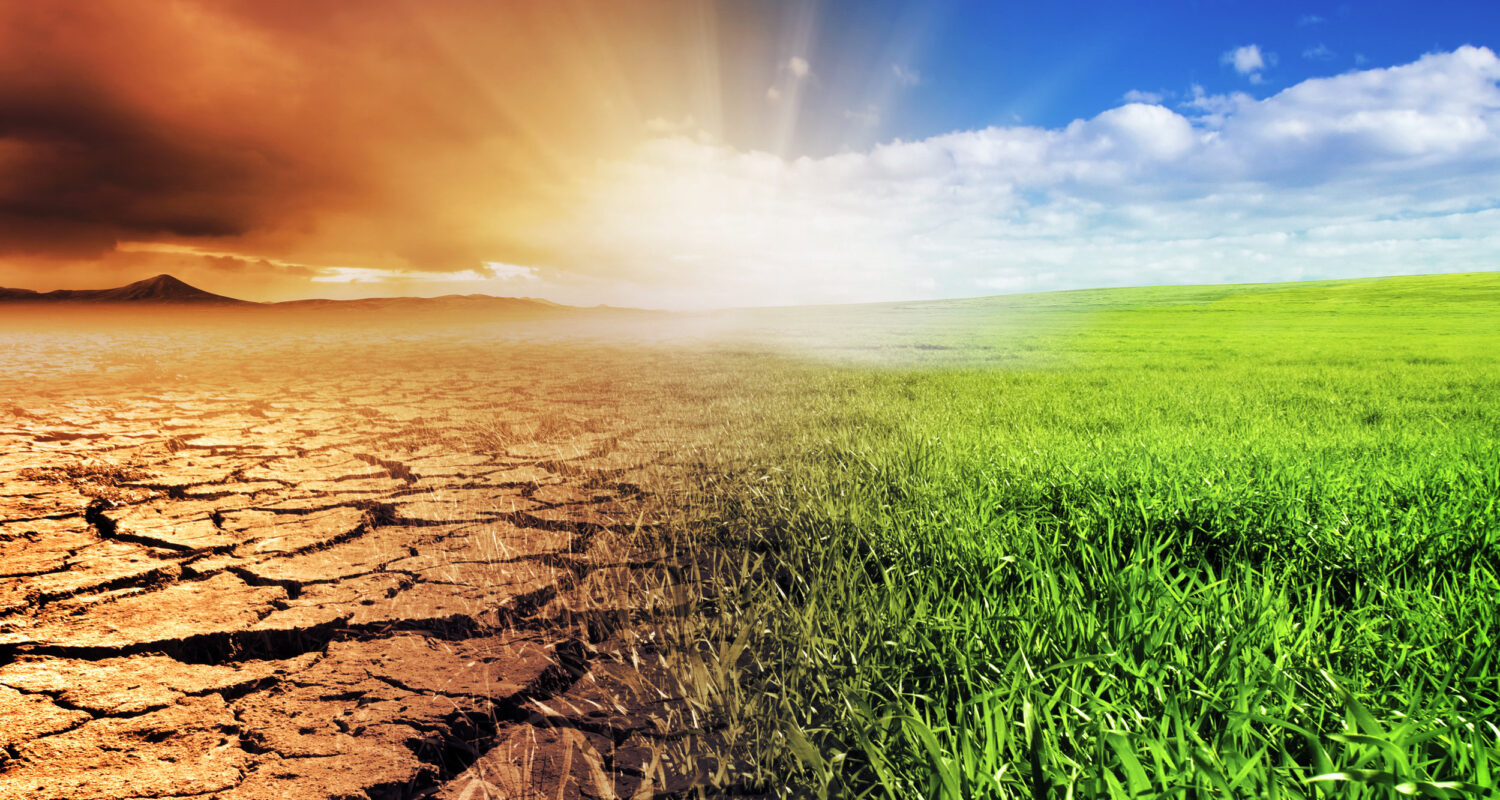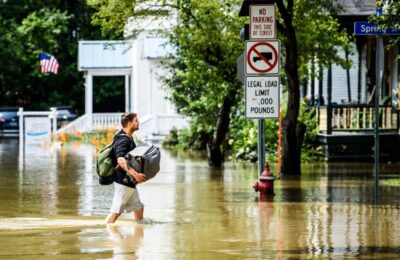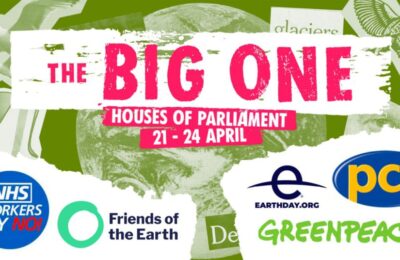Happy New Year!
This is a useful summary of where we are at as we enter 2023. From Dan Smith’s Blog

The facts are simple and brutal: looking back at average global temperatures over four decades,
- 19 of the 20 hottest years on record occurred since 2000;
- 29 of the 30 hottest years on record occurred since 1990;
- 38 of the 40 hottest years on record occurred since 1980.
In short, each decade of the four has been hotter than the previous one. And what it is leading to is what we have seen in 2022 – the year when 35 per cent of a major country was flooded, when another had its worst ever drought, when a continent experienced a once-in-500-year drought, and when, at the end of the year, another major country was ripped into by a cyclone bomb – all that and more, and worse, and harder to bear.
Yes, it’s old news – older than you might think – but it’s worthwhile to keep on recalling it, so the increased awareness of climate change in 2022 does not go to waste.
About the climate, then
Global warming and resulting climate change are at the forefront of many – perhaps most – people’s thinking about environmental deterioration. To date, the deepest damage inflicted on the biosphere probably arises from changes in land-use, due to agriculture and the felling of forests, and from over-fishing. But looking ahead, climate change is the big worry. Its impact is already being felt and many communities are already feeling the effects, with water and food insecurity, loss of livelihoods, social instability, extreme weather upheaval and insecurity.
The Sixth Assessment Report is the latest summary by the Inter-governmental Panel on Climate Change (IPCC) of the state of knowledge on climate change. Its first instalment came outin 2021. It concluded human-made (anthropogenic) climate change is hard fact. There is no room or reason for doubt or scepticism. Those who continue express doubt and attempt to undermine confidence in the science are either deluded or mischievous.
But we can be a little more sympathetic about the difficulty many people and institutions including governments have in facing up to and acting upon the incontrovertible evidence.
To repeat a banal point that cannot be expressed too often:
The climate-changing world is new.
The IPCC finds that global concentrations of the main greenhouse gases (GHG), have increased to levels unprecedented in at least 800,000 years, including levels of carbon dioxide not experienced for at least 2 million years. As a result, of these GHG emissions, the global average surface temperature in the past decade, 2010-2019, is 1.1°C higher than the average from 1850 to 1900 (often referred to in shorthand as the pre-industrial level).*
This is the highest global average temperature since the human species first emerged.
On current trends, by the early 2030s, just a decade away, the global average temperature will be more than 1.5°C warmer than pre-industrial times, the limit that is aimed for in the Paris Climate Agreement of 2015.
As a result, according to the IPCC, everywhere, the current climate “is already distinct from the climate of the early or mid-20th century.” And this has multiple effects.
- A growing proportion of a growing world population are exposed to flood risk.
- More areas are hit by wildfires.
- Surges in local sea-level when storms and hurricanes happen are also on the increase because of climate change. In 2019, the IPCC reported that extreme sea level events that have been historically rare (once a century) are likely to occur at least once a year in many places by 2050.
- And then are the health effects, such as those resulting directly from unusually high temperatures and humidity (and extremes of both are twice as frequent as 40 years ago).
- There is the increasing incidence of noncommunicable maladies such as respiratory and cardiovascular disease.
- There is also an increase in the infectious capacity of some disease vectors such as mosquitoes, ticks and parasites.
- In addition, climate change affects water and sanitation, leading to malnutrition and food insecurity. Climate variation and extreme weather are among the leading causes of severe food crises, second only to violent conflict.
Old news, I’m sorry to say
These consequences of climate change for human well-being have developed and deepened because earlier opportunities to address them have not been taken.** The basic science and data for a broad understanding that global warming was occurring and would result in climate change were essentially in place by 1979.
Just think about that for a moment. The scientific community studying climate change is now much larger and the knowledge today is both more elaborate and more precise. There have been some areas of doubt about details and, as it turns out, some of the estimates of how fast climate change would unfold have been understatements. But the scientific basis for designing policies to slow global warming was established well before the IPCC was set up in 1988.
These decades of inaction have had two big consequences.
Which means…
- Many changes due to GHG emissions are likely to be irreversible for centuries or even millennia, especially in the ocean, ice sheets and global sea level. In short, global warming and climate change are creating a new world.
- Though there is still a chance to limit global warming to 1.5°C over the pre-industrial level, the action that needs to be taken becomes more radical and transformational with each year of delay. For the world to stay below 2°C warming, there exists no alternative to completely phasing out emissions from fossil fuels, which essentially means abandoning the use of fossil fuels.
… doing something different in 2023
If the bad news is that the problem is huge; the good news is that we know what to do about it. And we have very strong grounds for knowing that, if it is done right, the result will be an enhancement of prosperity, peace and well-being.
Knowledge is not the challenge that we need to rise, the puzzle we need to solve: action is.
Notes:
* Referring to 1850-1900 as “pre-industrial” may seem odd if you how far advanced industrialisation was by then in Europe and North America. The reason for using that period as the baseline period for comparison is because it is the first one in which full enough records exist to estimate global surface temperatures. It is particularly important to note that the 1.1° average is made up of 0.9°C warming on the ocean surface while the global land surface, which is where people live, has heated up on average by 1.6°C.
** Take a look at The Discovery of Global Warming by Spencer R. Weart (Harvard University Press: Cambridge, Ma, 2008 – revised edition); or at Losing Earth: The Decade We Could Have Stopped Climate Change by Nathaniel Rich (Picador: London, 2019). The Guardian published a very good overview in July 2021 by Alice Bell.



